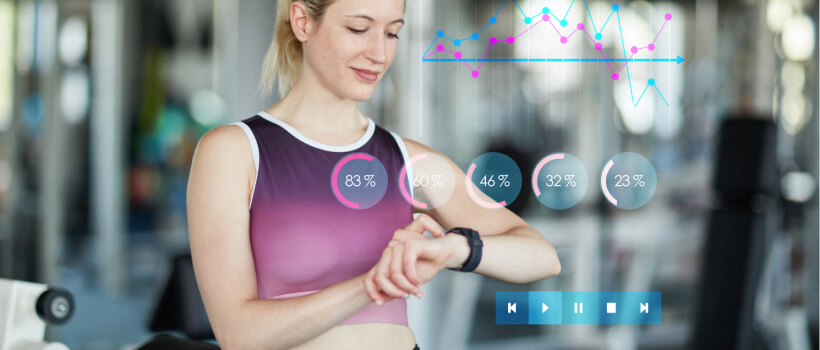Victorian Engagement Rings: A Guide to Care and Maintenance
Victorian engagement rings are not just pieces of jewelry; they are symbols of love and commitment steeped in history. These exquisite rings, characterized by their intricate designs and use of various gemstones, have captivated hearts for generations. If you own a Victorian engagement ring or are considering purchasing one, understanding how to care for and maintain this beautiful piece is essential. Proper care will ensure that your engagement ring retains its brilliance and charm for years to come.

Understanding Victorian Engagement Rings
Victorian engagement rings emerged during the reign of Queen Victoria (1837-1901) and are known for their unique styles that reflect the romantic ideals of the era. Common features include intricate metalwork, detailed engravings, and the use of colored gemstones, such as sapphires, emeralds, and diamonds. The craftsmanship of these rings often incorporates floral motifs, hearts, and other romantic symbols, making each piece a work of art.


